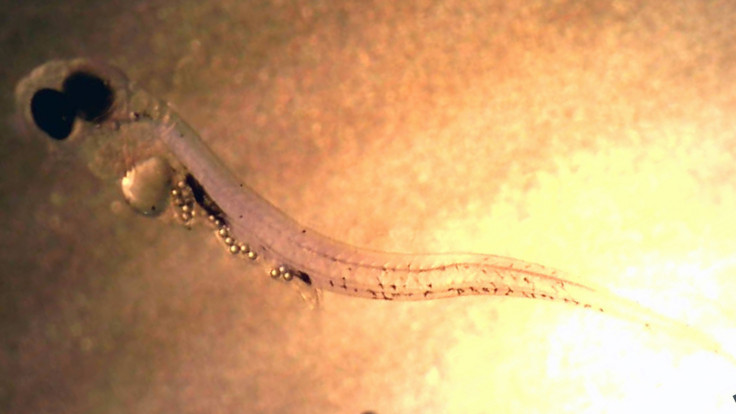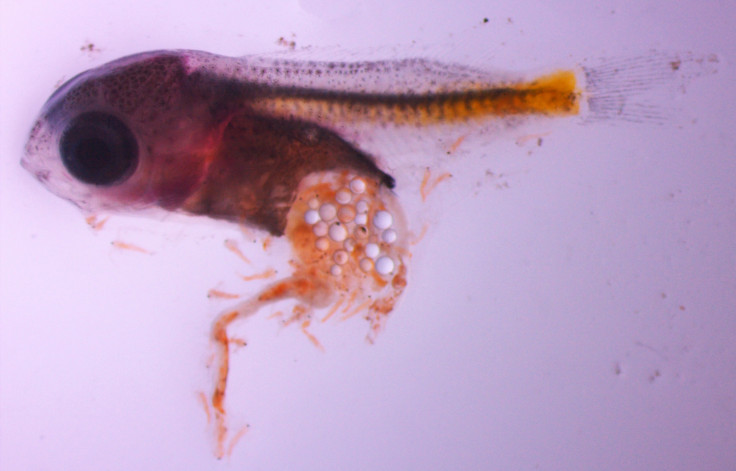Fish larvae reared in microplastics prefer eating plastic to natural food zooplankton

Fish larvae reared in water polluted with microplastics have been found to preferentially feed on microplastics over their natural food source, zooplankton. This is the first time an animal has been found to choose to eat plastic, which researchers warn is a "cause for concern".
As well as the change in feeding behaviour, scientists at Uppsala University in Sweden also found European perch larvae raised in microplastic-contaminated water had stunted growth, were less active and were less likely to hatch than fish reared in non-polluted water. They also ignored the smell of predators, which led them to be caught and eaten four times more often than the control fish.
Publishing their findings in the journal Science, the researchers collected European perch embryos and larvae from the Baltic Sea. They then exposed groups to varying levels of microplastic concentrations, including very high (similar to those found in nature), average concentrations and no exposure.
Microplastics are small pieces of plastic (under 5mm in size). They come from large pieces of plastic waste that break up into smaller pieces, or from manufactured microscopic pieces of plastic (like microbeads found in beauty products). They pollute oceans and tend to accumulate in shallow coastal areas. While there is a growing concern about how microplastics affect ecosystems, little is known about how they affect specific marine animals.
They found exposure to microplastics decreased hatching success among embryos by 15%. At two weeks old, exposed larvae were far less able to escape predators. When their natural predator was introduced, the microplastic-exposed fish were caught and eaten far more often, and all had been killed within 48 hours.
Furthermore, fish reared in the highest microplastic concentrations were much smaller than those reared in average concentrations. This appears to be the result of fish only eating plastic. Scientists found their stomachs contained "solely plastic particles". "Other aquatic organisms have been found to both passively and actively ingest plastic waste. Here it appears that larvae preferentially feed on plastic particles," they wrote. Peter Eklöv, co-author of the study, said: "This is the first time an animal has been found to preferentially feed on plastic particles and is cause for concern."

The team says their findings should serve as a warning regarding the sustainability and replenishment of fish populations, as microplastic concentrations rise. "Increases in microplastic pollution in the Baltic Sea and marked recruitment declines of the coastal keystone species, like perch and pike, have recently been observed. Our study suggests a potential driver for the observed decreased recruitment rate and increased mortality', Eklöv added.
Oona Lönnstedt, lead author of the article, continued: "If early life-history stages of other species are similarly affected by microplastics, and this translates to increased mortality rates, the effects on aquatic ecosystems could be profound."
© Copyright IBTimes 2025. All rights reserved.






















